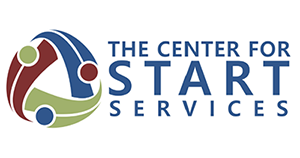Guidelines to Improve Mental Health Treatment for People with Intellectual and Developmental Disabilities
August 30, 2021

|
There is a long-standing concern in the U.S. that people with intellectual and developmental disabilities and mental health needs (IDD-MH) receive ineffective treatment, including potentially inappropriate medications and misdiagnosis. Though nearly 40% of Americans with intellectual and developmental disabilities use mental health services, few healthcare providers are trained to respond to their unique needs. As a likely consequence, the population is more likely to experience overmedication, improper treatment, and higher health care spending than adults in the general population.
"The proposed solution was to give more medication, instead of looking at other areas of their lives, to see if maybe some other third factor is influencing their situation," says Melanie Hecker, co-author of Integrated Mental Health Treatment Guidelines for Prescribers in Intellectual and Developmental Disabilities (IDD-MH Prescriber Guidelines).
The Center for START Services' (CSS) IDD-MH Prescriber Guidelines is designed to improve health outcomes by aligning primary and mental health practices with lived, user experience. Contrary to existing psychiatric prescriber's guidelines, CSS engaged prescribers, mental health clinicians, and people with lived experiences throughout the study's research and development process. Patients and family members were co-investigators, editors, and authors; they co-facilitated focus groups, and their findings directly affected content development.







